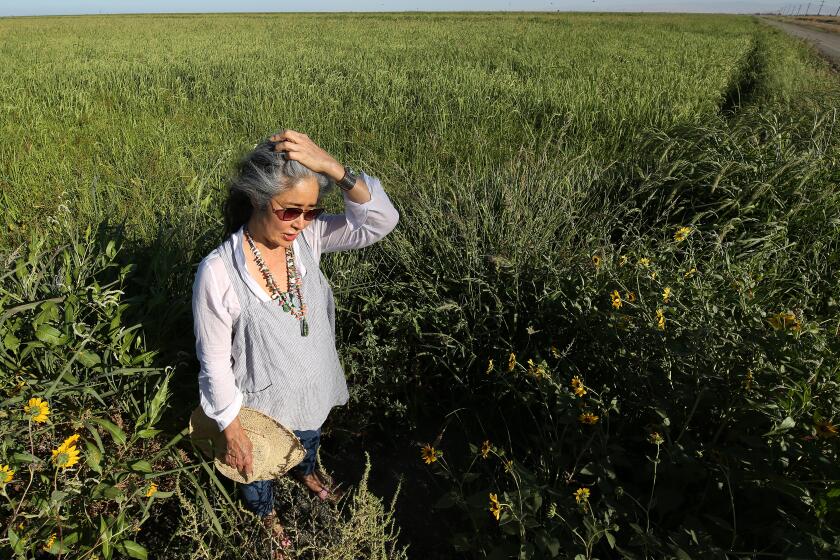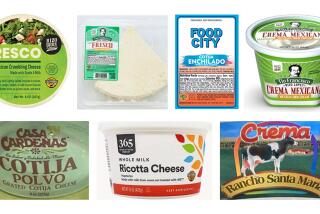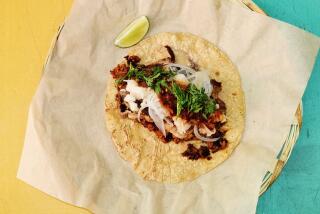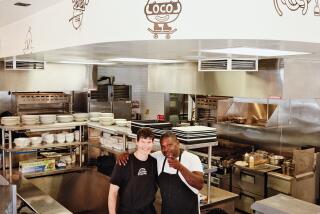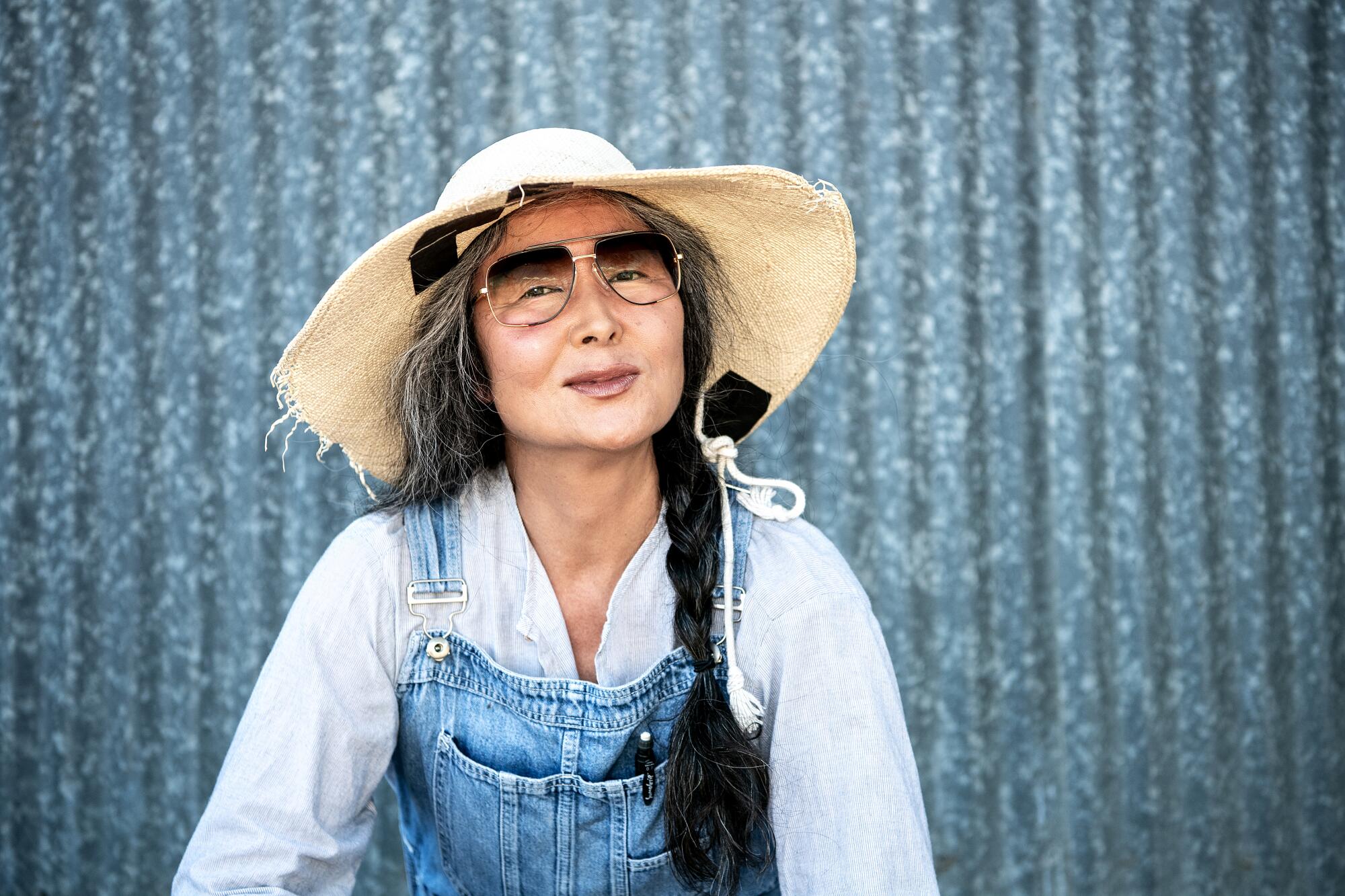
- Share via
Ever since news broke that the renowned rice-producing family at Koda Farms planned to step back from day-to-day farming, co-owner Robin Koda has fielded dozens of telephone calls and messages on social media from panicked consumers wondering about the fate of their beloved heirloom rice — particularly the heirloom Kokuho Rose developed by her grandfather Keisaburo Koda, who started the farm 97 years ago.
Her response?
“Stop freaking out. Stay calm. This is Koda family legacy chapter two.”
The rice products will continue to be widely available at Japanese and specialty grocers on the West Coast and other markets throughout the nation. However, Koda Farms rice products will no longer be sold at Santa Monica and Hollywood farmers’ markets.
The family behind Koda Farms, the creator of beloved rice strains such as Kokuho Rose and Sho-Chiku-Bai, will end rice production after nearly 100 years.
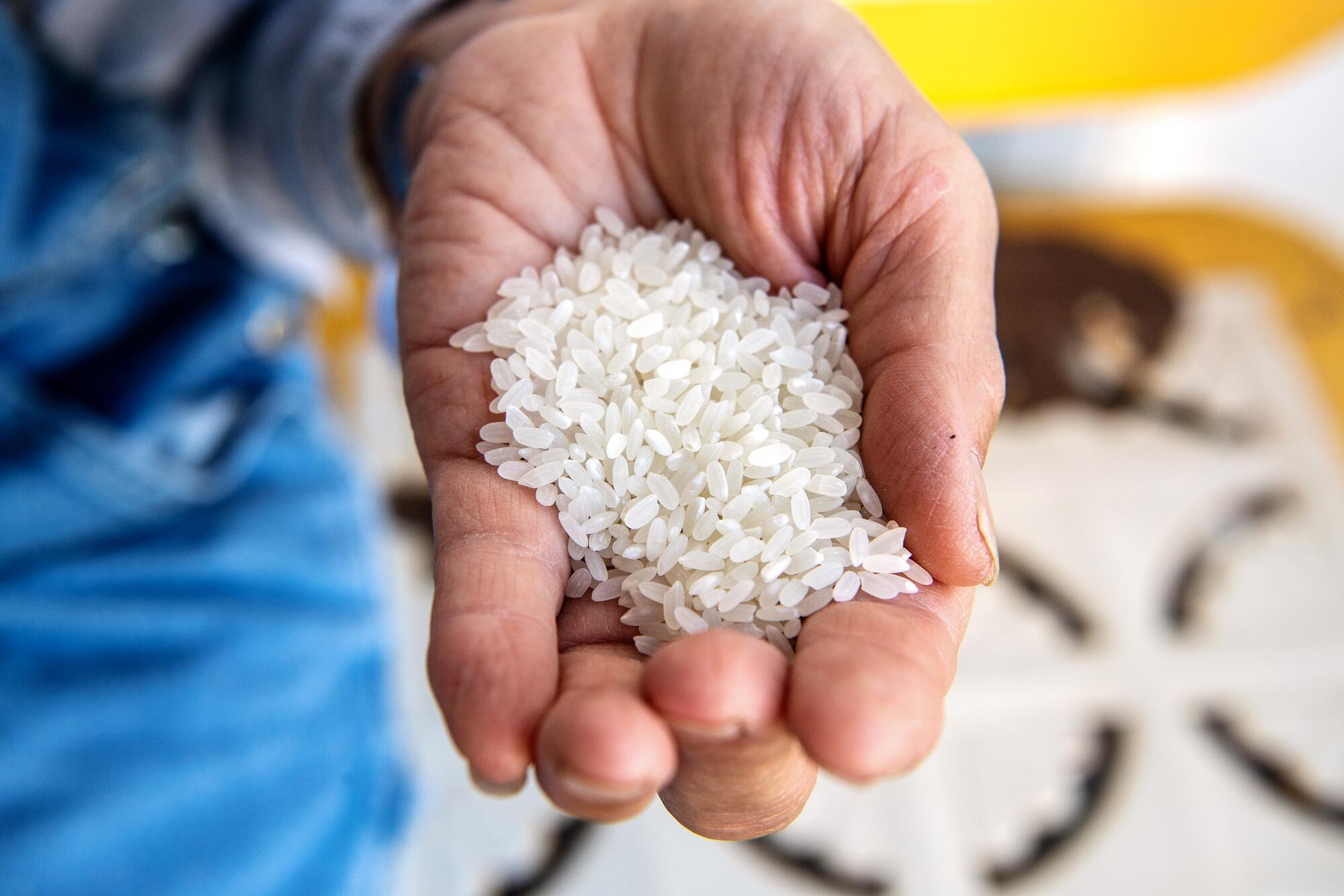
The quality of the rice will stay the same and likely get better, Koda added.
Koda Farms’ trademarks for its different types of rice and rice flour will now be licensed to grain manufacturer, Western Foods LLC, a family-owned company that sources and processes gluten-free grains in Northern California and Arkansas. Koda said that the family will ensure that all products associated with the Koda name will meet with their approval.
The Koda family produces two rice varieties, proprietary heirloom medium-grain Kokuho Rose and glutinous short-grain rice Sho-Chiku-Bai. They additionally mill Blue Star Brand mochiko and Diamond K rice flour. Their rice and flours have won acclaim from chefs and food experts, and Kokuho Rose — which has a loyal following to this day — is credited with playing a key role in the 1960s in the spread of sushi in Los Angeles.
Founder Keisaburo Koda returned to farming after his family was forced into a Colorado incarceration camp during World War II and much of his land and equipment were sold. He hired rice breeder Arthur Hughes Williams, and both developed the first premium medium-grain rice that was introduced to the market as Kokuho Rose. The variety was bred specifically for the farm’s adobe and saline soil and climate in 1962. The flavorful heirloom rice is a result from the cross of California medium-grain rice with a Middle Eastern long-grain.
Before Koda Farms debuted a new strain of rice that would fuel the sushi boom, the family behind it lost nearly everything during World War II.
Robin Koda said she and her brother, co-owner Ross Koda, will stay on as brand ambassadors and their rice will continue to be available and likely expand its reach to other markets.
“We ain’t going anywhere,” Robin Koda emphasized.
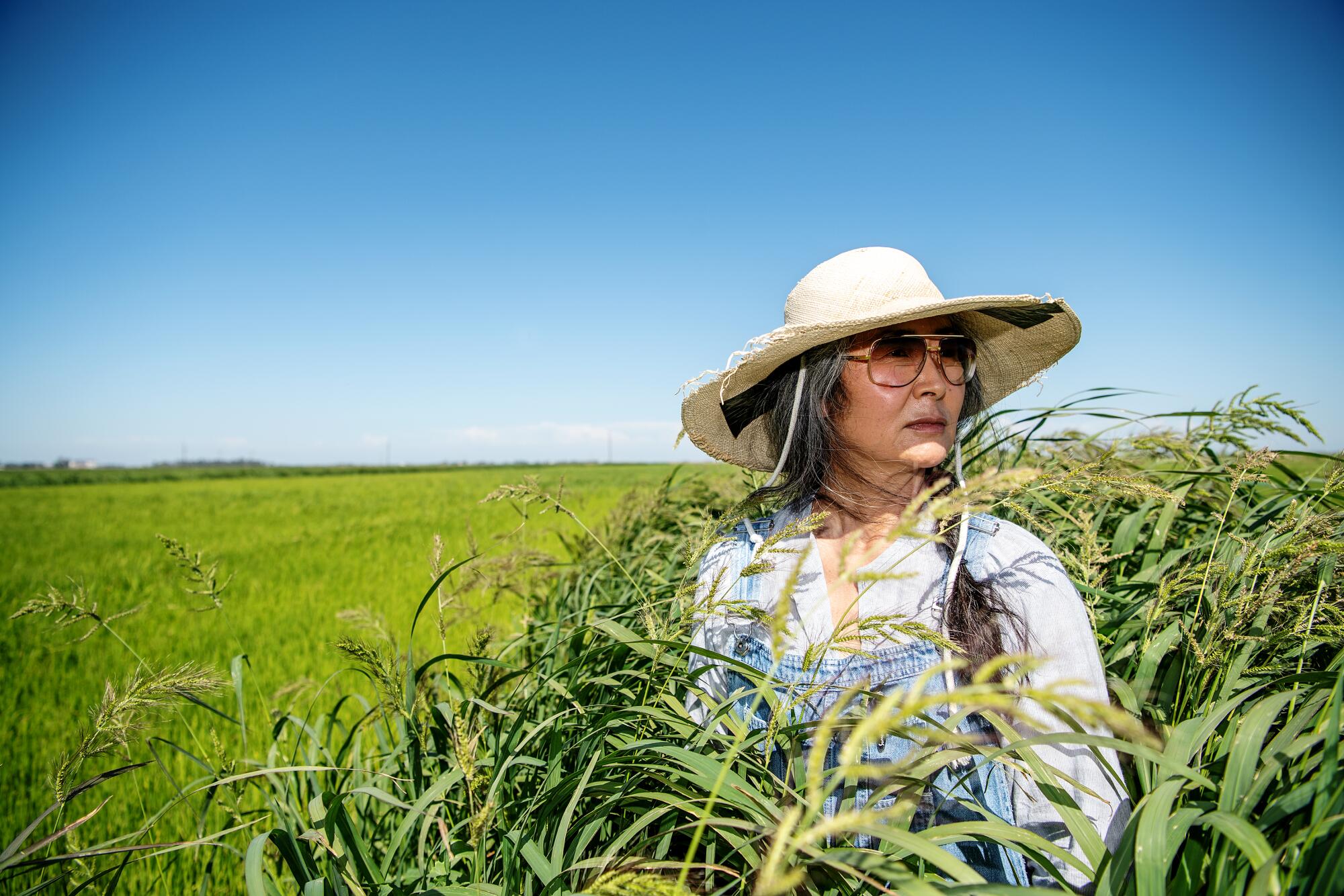
Koda said it became too arduous to continue farming in California. She cited various expenses — such as water and insurance — as too high. Also, her most loyal workers were retirement age and the labor pool for new workers in South Dos Palos is limited, she said.
Koda’s brother and co-owner Ross Koda said he had a lifelong attachment to Koda Farms as the only son in the family but he had no choice but to move on.
“When I finally had to face the reality that the economics of farming in California, water availability, and climate change have imposed paradigm shifts over which we have no control, then there was no choice but to make a business decision without personal and emotional attachments to the farm’s history,” he said in a written statement to The Times.
There are no plans to sell the farm in South Dos Palos, Koda said, which has been in the family since 1927. She said they will no longer sell rice in the fall, when the crop is harvested, at the family farm. However, rice is currently being grown on their land, which Koda Farms is now leasing to another farmer who contracts with Western Foods.
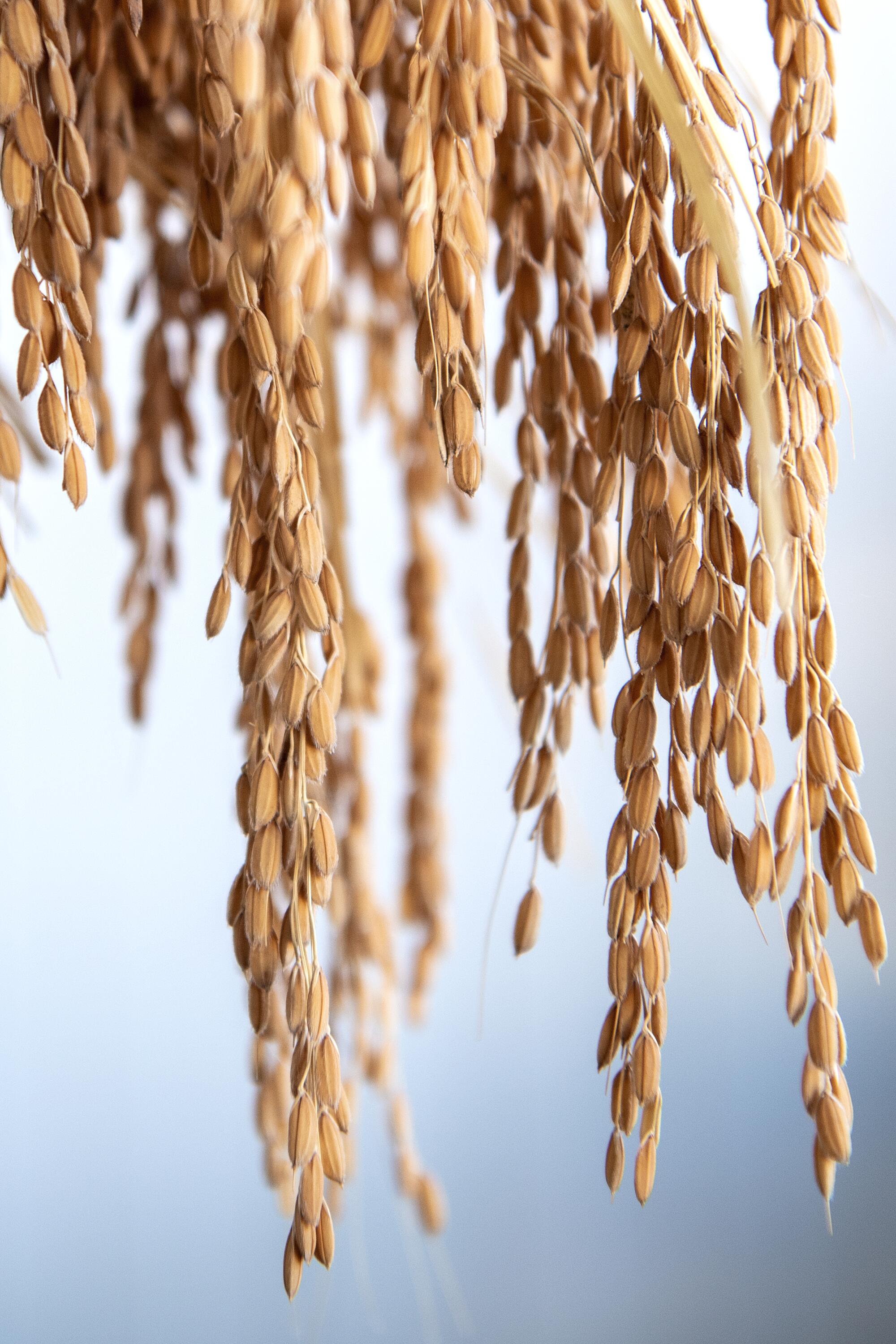
For the next few years, much of the heirloom Kokuho Rose rice will likely be grown primarily at the Koda Farm, which is on several hundred acres , but eventually will also be grown in Northern California, close to Western Foods, said Miguel Reyna, president and co-owner of the company
“I think it’s really important to have some acres there. It’s where it started,” Reyna, 52, said. “I feel like I’m part of the family now, and I want to make sure to retain the Koda family legacy.”
Robin Koda said she and her brother have previously contracted Reyna to supplement their supply of conventional sweet rice.
“We trust him,” Robin Koda said. She said she likes how Reyna’s business is also family owned and operated.
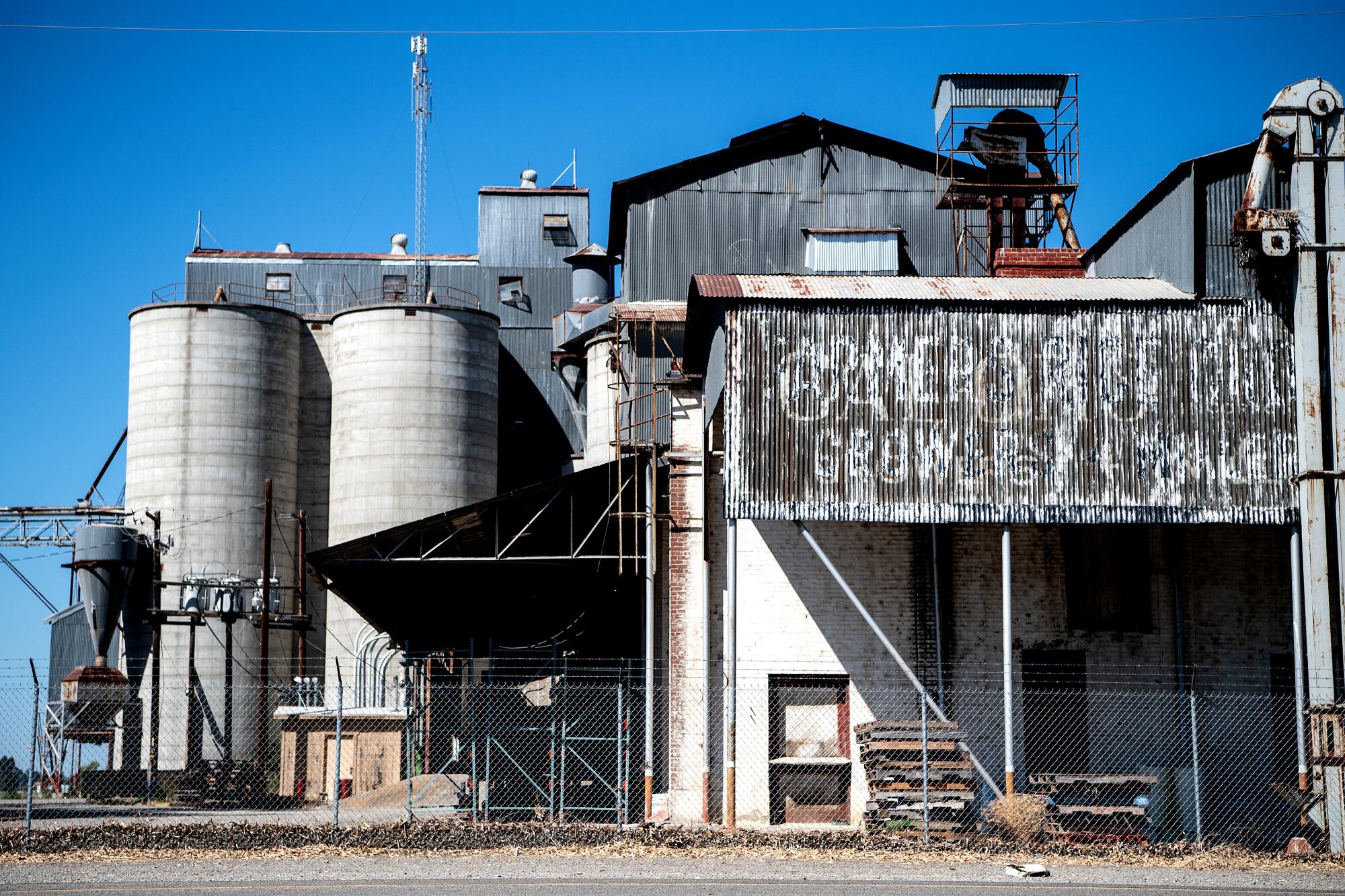
“He’s the next generation. In a sense that’s how we view Miguel and Western Foods,” Koda said. “This is just a transition. It’s going to a family-owned business.”
The processing of the rice — drying and milling it — will no longer take place at Koda Farms in South Dos Palos but instead will move to a state-of-the-art processing facility owned by Western Foods in Woodland in Northern California, which can process more rice. Reyna said some rice may eventually be processed at a plant in Arkansas.
The Koda family will slowly dismantle the processing plant at their farm. The buildings used to process the rice are decades old, Robin Koda said. Part of the mill dates back to the 1950s, and the machinery is slow and old, she said.
“It’s impossible to find replacement parts for some of the machinery,” she said.
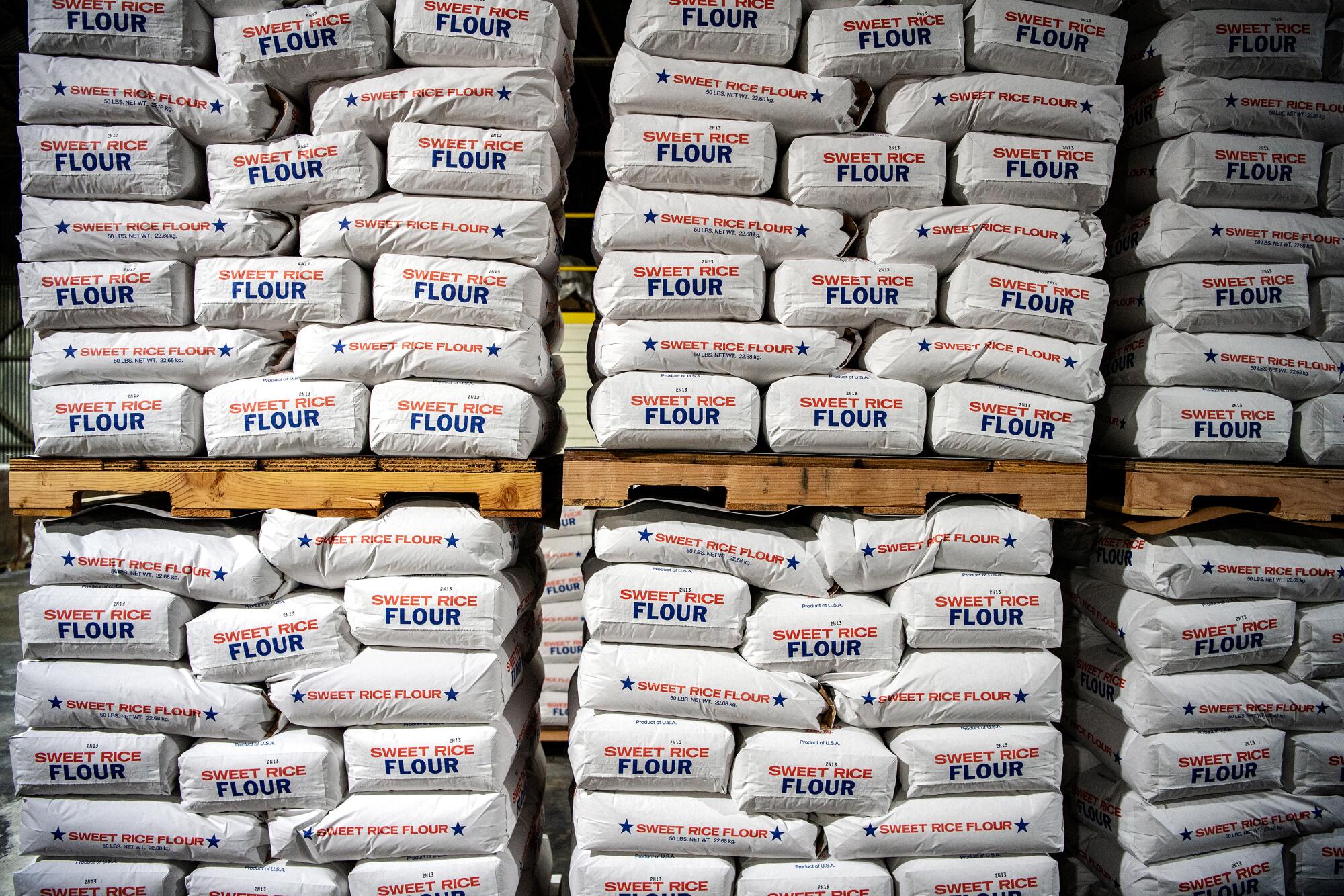
That’s the main reason why some of their products are still packaged in paper. They never transitioned to modern plastic packaging for the 5- and 10-pound bags, Robin Koda said.
She understands how some may see the paper packaging as “charming.” However, plastic packaging, she said, helps better protect the rice from pantry pests and doesn’t hold moisture like paper does.
Reyna said Western Foods hopes to grow the brand by using Koda rice to produce gluten-free mixes, panko and other organic products with the Koda Farms brand.
Koda is excited about Reyna’s ability to scale the rice production and get the grain to more consumers.
Considered a modern variety in her grandfather’s time, Kokuho Rose grows too slowly and is too low-yielding by today’s standards, Koda said. She’s hoping Reyna will find a way to produce better yields.
Reyna said Western Foods hopes to increase production and processing in Northern California by double digits each year and expand customer demand.
Reyna said eventually Kokuho Rose will be grown in the Sacramento area, the largest rice-growing region in the state. “It could be a better growing region for the Kokuho Rose,” said Reyna, who’s working with a team of researchers at UC Davis to assess whether the rice will do well there.
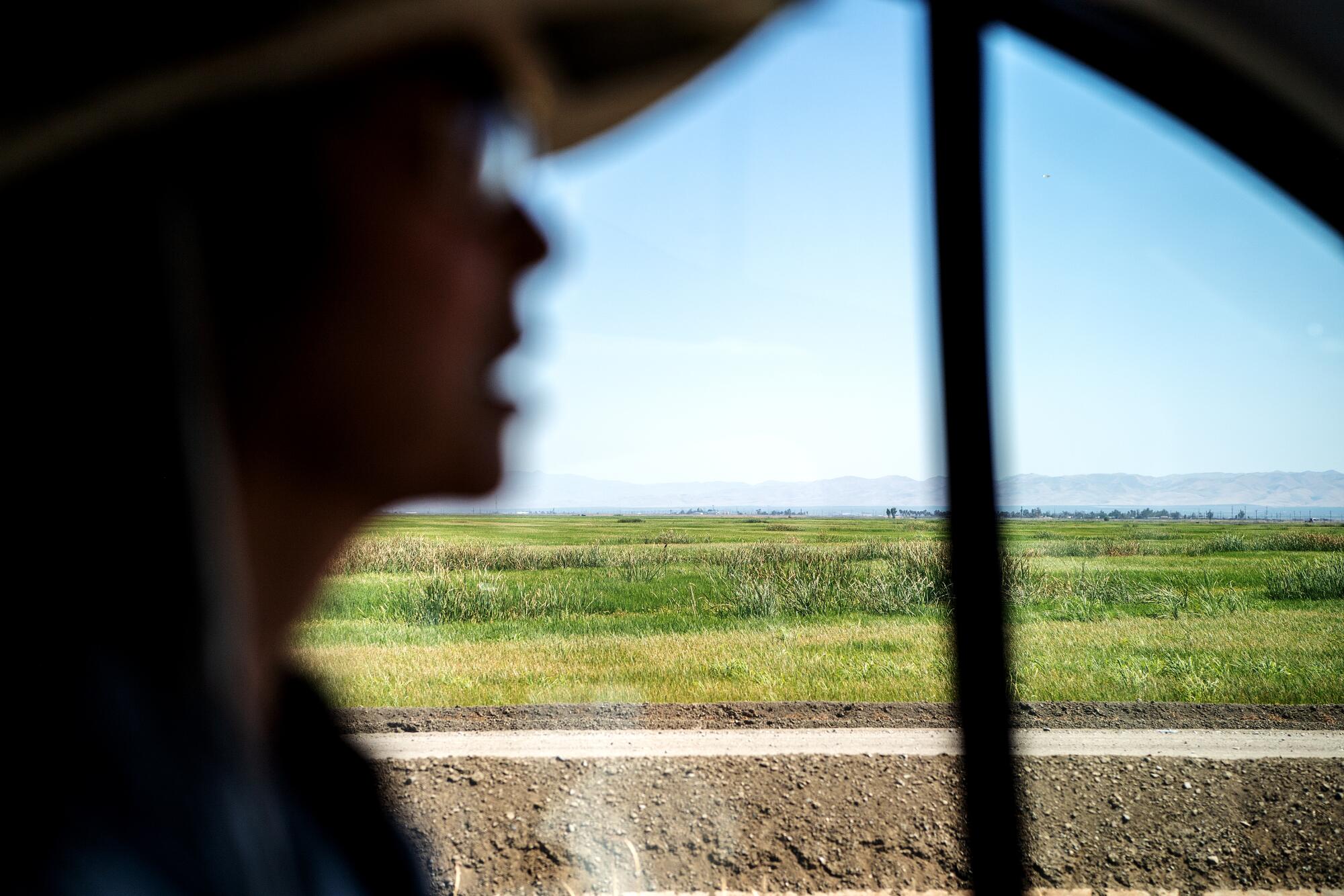
Koda says Reyna reminds her of her grandfather. The son of Mexican immigrant farm workers, Reyna got his start as a laborer at a rice mill and worked his way up to leadership roles before owning his business.
“Miguel just has this huge vision and endless energy,” Koda said. “He has drive and ambition and on top of that, he has the resources.”
More to Read
Eat your way across L.A.
Get our weekly Tasting Notes newsletter for reviews, news and more.
You may occasionally receive promotional content from the Los Angeles Times.
